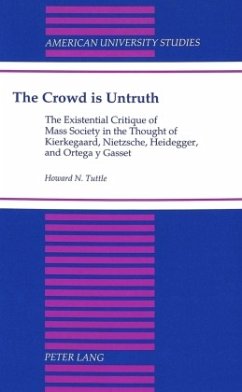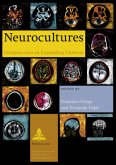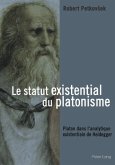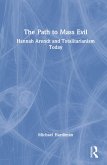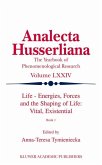This book argues that the mass is the most characteristic socio-historical feature of our century. Kierkegaard was the first to anticipate and delineate this phenomenon philosophically. Heidegger appropriated much from Kierkegaard, but recast the mass into the fundamental ontology of Das Man. Moreover, his work was informed by Nietzsche's understanding of nihilism and the will of power. Finally, the masses are considered from the vision of Ortega y Gasset's philosophy of human life. This book relates all four of these thinkers into a philosophical perspective upon the nature of the mass.

